When I opted for humanities as a stream in the eleventh class, I was unsure about many things except for one: I wanted to go to Delhi University, especially a women’s college for my graduation. Coming from a Muslim majority school, I always wanted my education to provide me with religious and cultural exchange.
As a young woman who started wearing the Hijab right after the tenth class, I knew that having a heterogeneity of faiths around me is my utmost priority. I wanted to unlearn the prejudices associated with being a woman and needed exposure to the struggles and the stories of victory of different women around me.
Delhi University: a not so fulfilling dream
For the most part, Delhi University has been my dream place. It has given me the much required cultural exchange and also made me a confident young woman, comfortable in all the layers of her identity. However, what I did not see coming was my dream being marred by the painful reality at times.

In contemporary India, I see the neutrality of the majority of people within the campus when my fundamental rights as a Muslim are under threat. What hurts me most is the silence of the people I hold the closest to my heart and the bland social media posts which only become active for selective issues.
So, when the Hijab ban took place in Karnataka, I was alone in the active fight against it. I took to social media, started uploading stories and posts and wrote about it extensively, only to return to my college campus, where people acted as if nothing has happened and everything is safe and sound in the nation. It was not so and I am sure everyone knew it.
I found every person who claimed to be a “feminist” silent, apolitical and neutral. My dream shattered at that very moment.
I found every person who claimed to be a “feminist” silent, apolitical and neutral. My dream shattered at that very moment. I started asking some very serious questions to myself: is this the place I wanted to go to for so long? Is this the passive academic environment I want to be a product of? Is this how insensitive I want to become toward others’ suffering? Is it actually what I want from my college life?
The Delhi University campus and my visible muslim identity
Right after school, college is the place where individuals not only gain exposure but also develop. It is the place that allows one to grow and become different and versatile people while simultaneously growing sensitive to various identities. So, when the majoritarian rule established itself post-2014 in India, I had friends who supported it and the ones who completely opposed it. I naturally grew closer towards the ones who did oppose this reign.
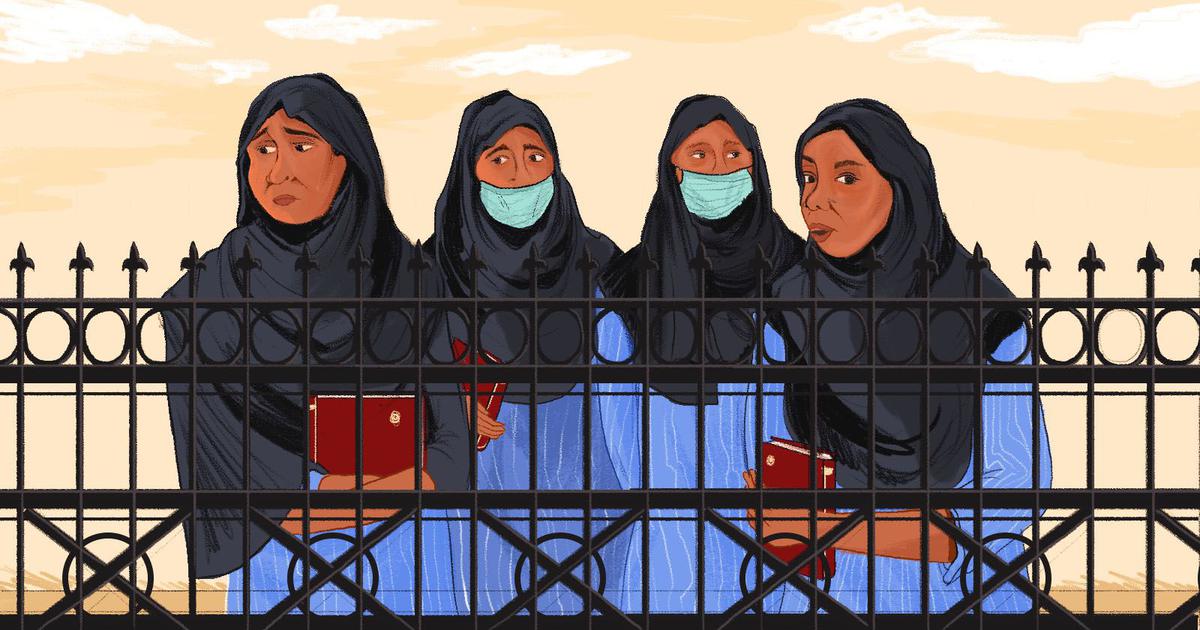
My company comprised of people coming from a similar school of thought as me when I was in school. We used to discuss issues and where the minorities of India stand. However, I came to Delhi University with a new mindset. I knew that in a space like Delhi University, I will find innumerable ideas and thought which is okay. I wanted to have healthy debates and discussions. I was mentally prepared for it and truth be told, excited too.
When I landed here as a young visibly Muslim woman who wore the Hijab, I was surrounded by many questions about how I dressed and behaved. I was happy to answer them until I realised that these are the only questions I am being asked.
When I landed here as a young visibly Muslim woman who wore the Hijab, I was surrounded by many questions about how I dressed and behaved. I was happy to answer them until I realised that these are the only questions I am being asked.
Nobody ever approached and asked me how I feel about the state of affairs in the nation, what is my thought on it and where the political situation is headed towards. I was fortunate to have 2-3 people who would have a conversation with me, on healthy and necessary topics. We used to go on for hours talking and I remember I felt a lot lighter, heard and seen after such discussions.
But the majority were only concerned about why I dressed the way I do, why I cannot miss my prayers even when I am in college and whether every woman in my family looks like me. I was sick of these questions, not ready to answer them all the time.

I craved conversations revolving around where the future of a secular India is headed, what a grave situation it is for every minority group in the nation and to what extent we, as students, impact it. But my wishes remained unfulfilled.
I craved conversations revolving around where the future of a secular India is headed, what a grave situation it is for every minority group in the nation and to what extent we, as students, impact it. But my wishes remained unfulfilled.
The unfortunate part is that people not only ignored my plight as a religious minority, but also did not encourage healthy discussions about any other minority group. Sure, in a literature classroom, we read intersectional texts, coming from caste and racial minorities as well. We discussed them to a certain extent in the presence of the professor.
But as soon as the class got over, so did the conversations and discussions. There have been allyship and words of comfort, at times. However, more than the comfort, I think I needed public support, I needed hope that there are people who would support nothing but my fundamental rights as an Indian citizen, at the very least. Again, these needs remained unaddressed.
The angst of a minority student and the need to interweave campus stories and politics
In a nation where the voice of dissent is being shut down by state-controlled machinery, it becomes essential to increase awareness, something that cannot take place if only the representatives of the minority groups keep on speaking while the majority remains silent.
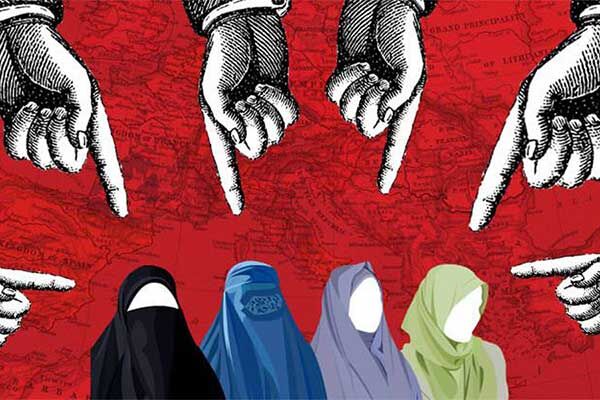
I am sure more than fifty percent of people within the campuses know that whatever is going around them with regard to minority identities is wrong. I am sure they also feel the need to speak up. However, they do not.
The need then arises for people to recognise their privileges and speak up in any capacity, regardless. If social media cannot make noise, even a bare minimum like having conversations helps.
Discussions and debates would soon follow but one has to start from somewhere to become aware, educated and sensitive. Politics has to begin discourse within the college campuses, first. People have to recognise various wrongs around them and we, as a community, need to wake up and start realising the real ground-level issues we have grown insensitive to.
Politics has to begin discourse within the college campuses, first. People have to recognise various wrongs around them and we, as a community, need to wake up and start realising the real ground-level issues we have grown insensitive to.
The different fields of social sciences have to come together. People’s histories, cultures and the current politics need to be visualised and connected. People who are aware have to make their presence felt in spaces like Delhi University, whether they are in a minority or not.
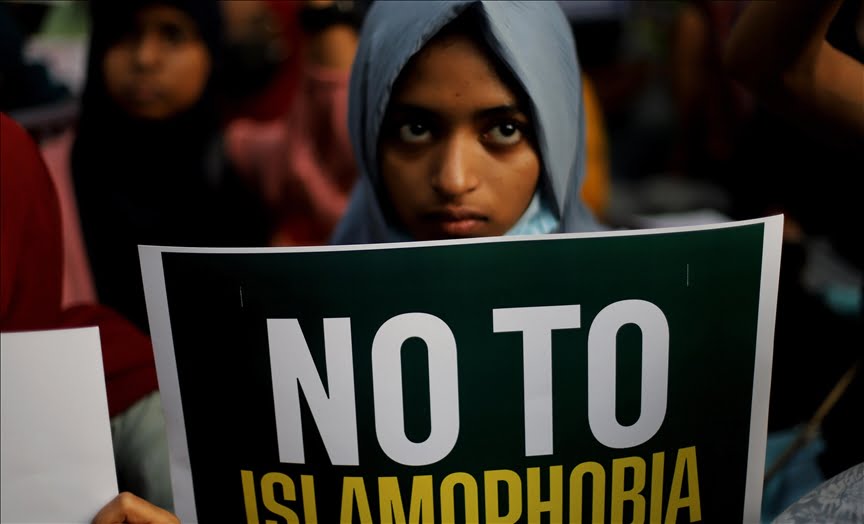
All it takes is a little bit of awareness and the courage to start a dialogue, within and outside the classrooms for a better and inclusive nation to be born from the shambles.
Where is the future of minorities within a campus like Delhi University headed?
It is up to us to bring the literature we read into reality. It is up to us to bring the research and well-written assignments into practice and create an environment where people do not have to resort to just their friends from the same community to share the angst they might be feeling at any given point.
Indian college campuses are the only spaces where young India is thriving. It is the place of utmost hope and light for an India that is yet to emerge. It is the place where every person is putting their trust. So, when spaces like this become silent, all hope vanishes. Campuses have to be the place where people do not stop writing, talking and making noise. The voices have to take a public stand and thrive in a mainstream fashion. It is the absolute need of the hour.
About the author(s)
Zainab is a literature student at the University of Delhi. She loves stories, books, cinema and humans too, sometimes!
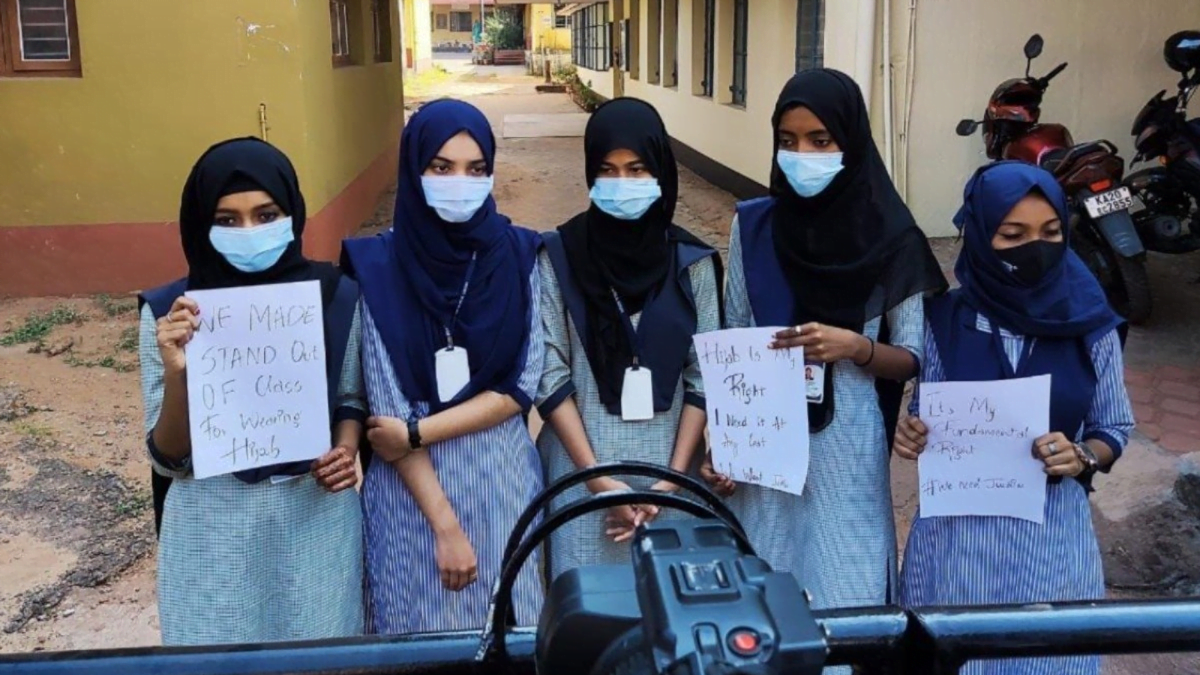


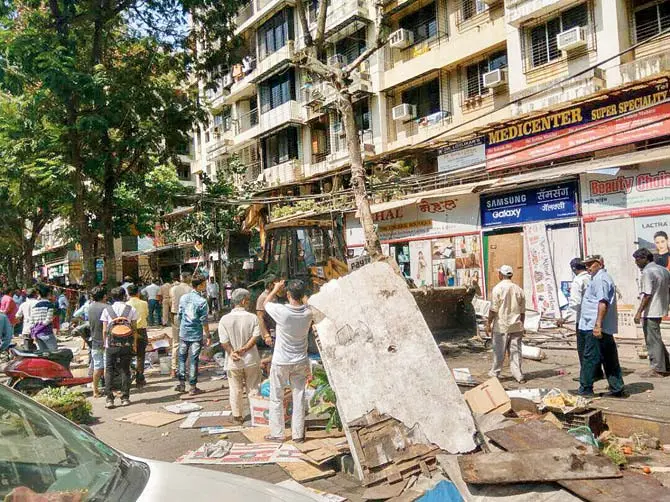
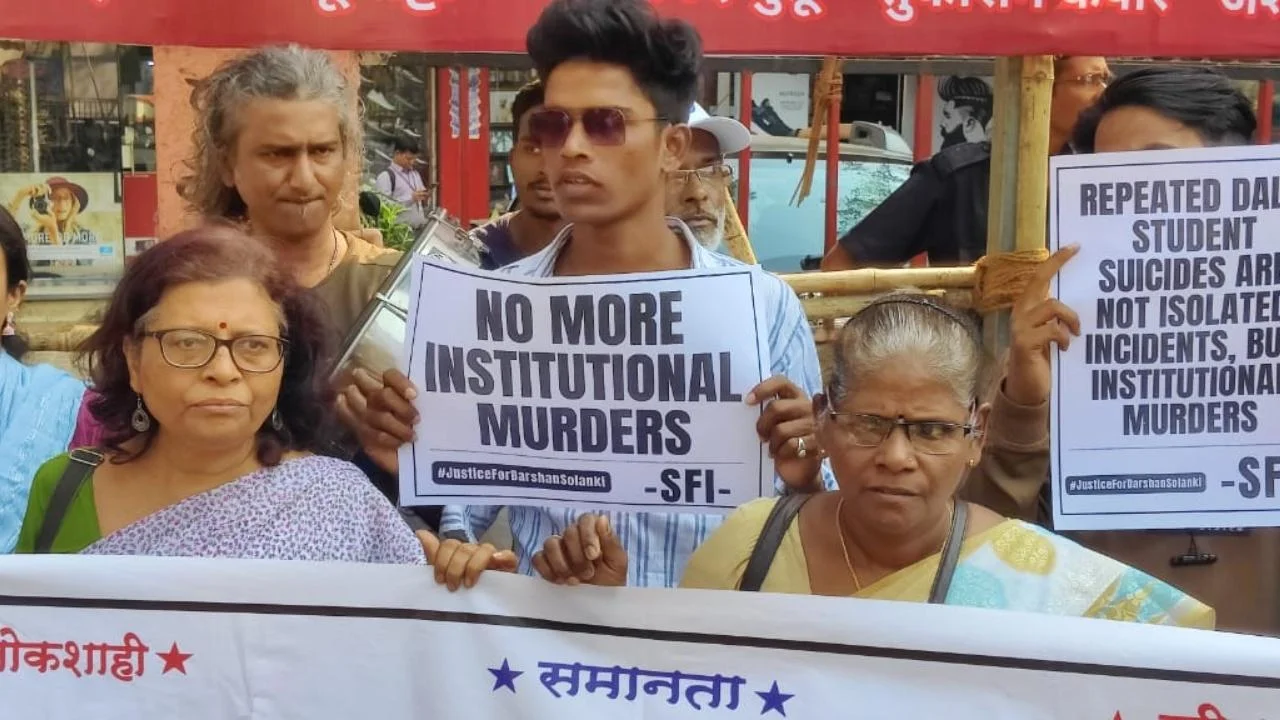
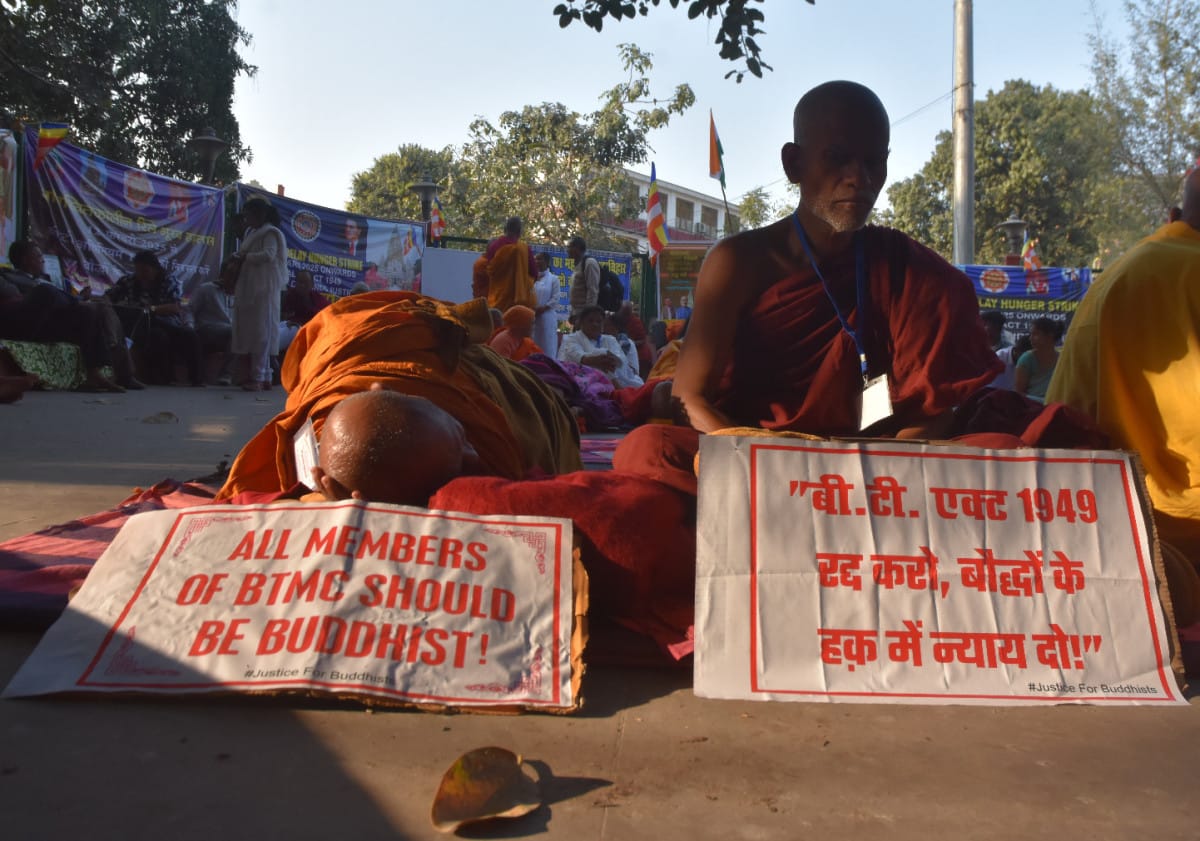

When people would be reading your article, they would not include themselves in this and that’s where it all gets started. Going to such a place everyday, where people still don’t appreciate each other’s fundamental rights of styling yourself the way you want even though they all call themselves feminists teaches you a lot about people’s thoughts about feminism. Everybody has a different definition and that’s just so wrong.